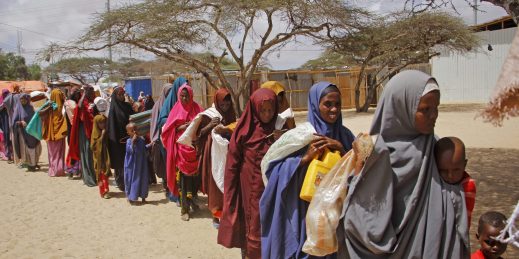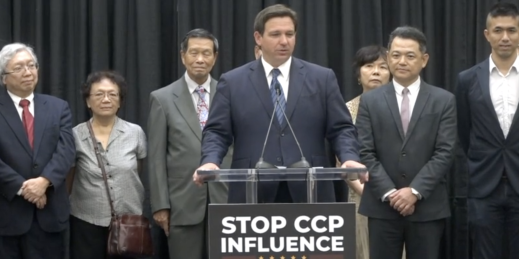Diplomacy & Politics Archive
Free Newsletter
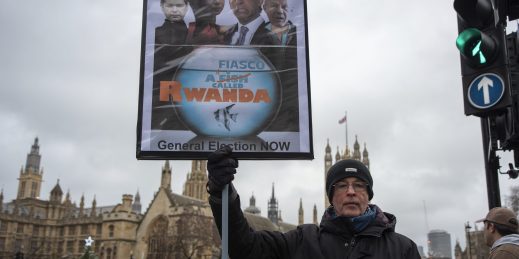
As the ideologies of dominant factions within Toryism converge with far-right thought in the rest of Europe, claims that the U.K. does not face radicalization on the right look absurd. The transformation of the Tory Party looks irreversible, but it remains to be seen what kind of far-right movement it will become.
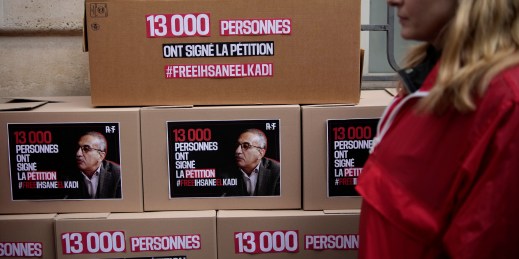
In late November, Algeria adopted new laws regulating the media and journalism, characterized by the government as allowing for more press freedoms. But considering the government has done so much to eviscerate freedom of expression and tame independent journalism in Algeria, that characterization doesn’t hold weight.
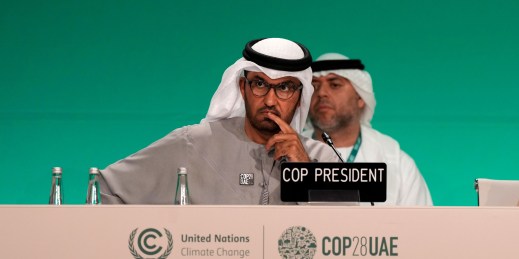
The U.N. COP28 Climate Change Conference concluded with a pledge to transition away from fossil fuels, the first such major multilateral agreement to call for signatories to do so. As a result, the pledge was heralded as a historic achievement. But does this actually mean that climate diplomacy has turned a corner?
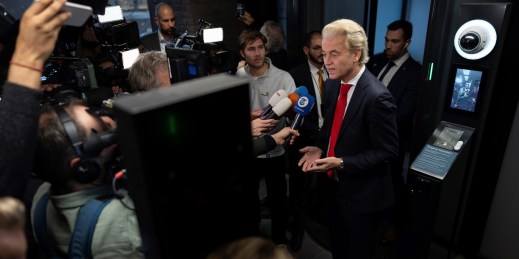
Government-formation talks following the Netherland’s shock elections in November are going into quiet mode, as Geert Wilders, the far-right provocateur who went from fringe figure to would-be prime minister, tries to cobble together a coalition. At the moment, the most likely scenario is a weak and unstable government led by Wilders.
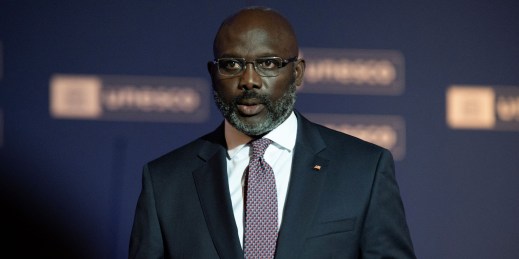
In November, Liberian President George Weah astonished many observers both at home and abroad by conceding defeat to opposition candidate Joseph Boakai in the second round of the country’s presidential election, a move that stands in stark contrast to the recent coups and democratic erosion seen elsewhere in West Africa.
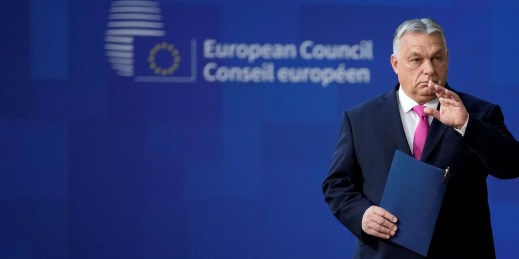
The parallels between the current challenges facing the U.S. and EU, particularly when it comes to obstruction from far-right populists, has reinforced a tendency to equate the problems faced by both systems of government. However, the EU is suffering from a chronic but manageable affliction, while the U.S. has an acute condition.
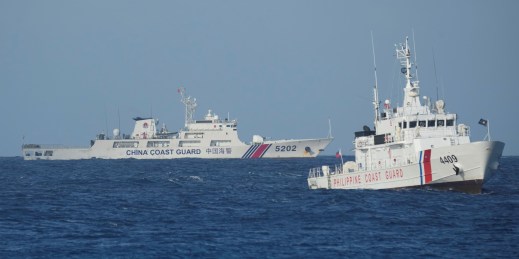
In early December, Chinese maritime forces water-cannoned Philippine resupply vessels en route to the Second Thomas Shoal, a disputed land feature in the South China Sea that hosts a small Filipino military detachment. The clash was the latest in a series of incidents as the two countries maneuver for advantage in the disputed waters.
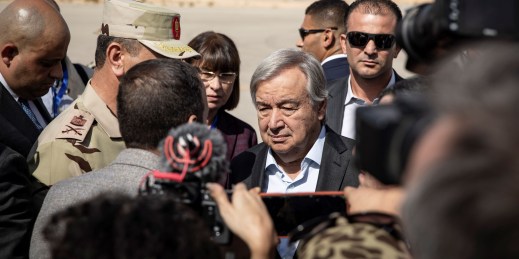
As 2023 ends, ambassadors and international officials at the U.N. do not have much to celebrate. The organization was having a hard year even before Hamas attacked Israel in October. Now the war in Gaza has sparked furious debates in the Security Council and General Assembly, with many asking if the U.N. can recover from the crisis.
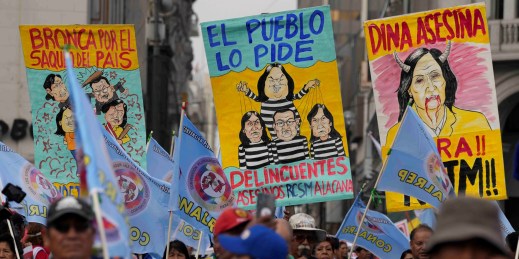
Recent weeks have been an exercise in bandwidth and attention management for Latin America. The region, via multilateral forums and organizations, has responded strongly to Venezuela’s threat to invade Guyana and Guatemala’s political crisis. That action is good to see, but those aren’t the only two challenges the hemisphere faces.
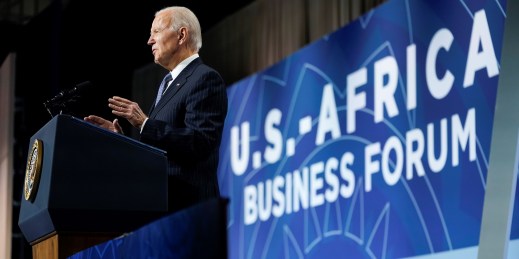
One year after U.S. President Joe Biden hosted the U.S.-Africa Leaders’ Summit, great power competition is still driving Washington’s Africa policy. So while the summit did produce some positive outcomes, engagement with civil society remains limited and human rights protection continues to be placed on the back burner.
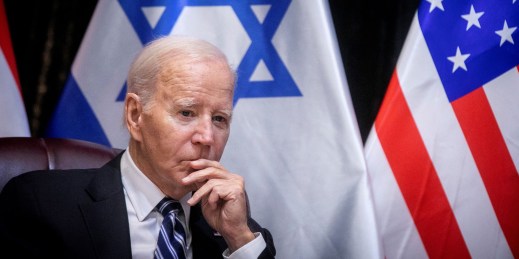
With the war in Gaza having intensified following the end of the recent U.S.-supported pause in fighting, it has become clear that this conflict is upending U.S. President Joe Biden’s plans for the Middle East: The war has dealt a body blow to Arab-Israeli normalization, while accelerating Iran’s regional integration.

Madagascar could be hovering on the brink of another political crisis after President Andry Rajoelina was declared the winner of a sham election. Amid democratic backsliding and continued French support, Rajoelina will begin his third term with popular discontent and disillusionment with the ruling elite at an all-time high.
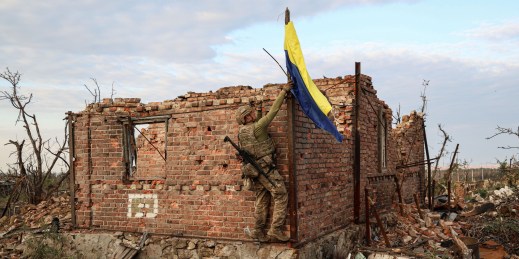
What do the war efforts of Israel and Ukraine have in common? Each is dependent on assistance from the U.S., and each sees itself engaged in an existential fight. But what is most notable is that both are engaged in war efforts that, despite imposing heavy casualties on their opponents, are in danger of strategic defeat.
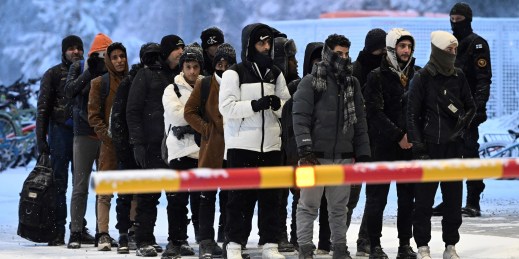
Tensions have been rising along Russia’s borders with several countries belonging to the EU and NATO. Most recently, Finland, one of NATO’s newest members, blasted the Kremlin, accusing Russia of launching a form of “hybrid warfare” by sending a surge of migrants to the Finnish border in an effort to destabilize the country.
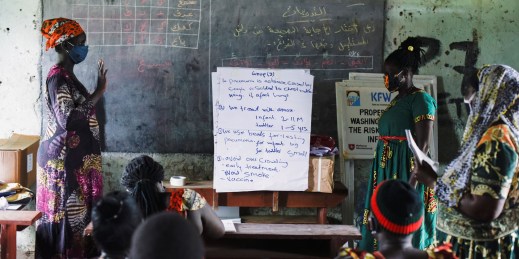
Financing is a critical component in the response to various development goals across the Global South, but it is also urgent to scrutinize how solutions are implemented. In particular, the exclusion of local actors affects the effectiveness of international assistance and can even lead to foreign aid doing more harm than good.

